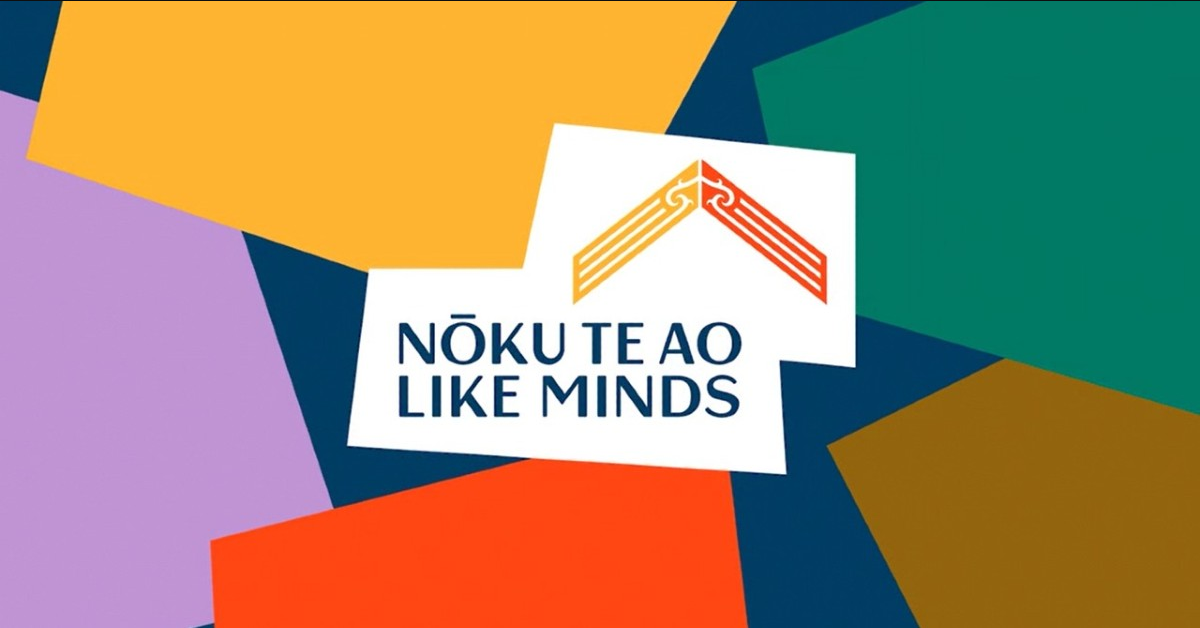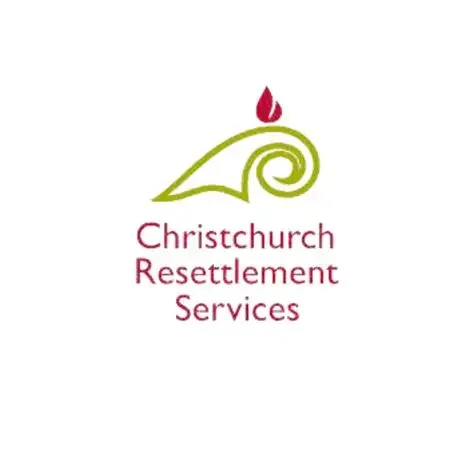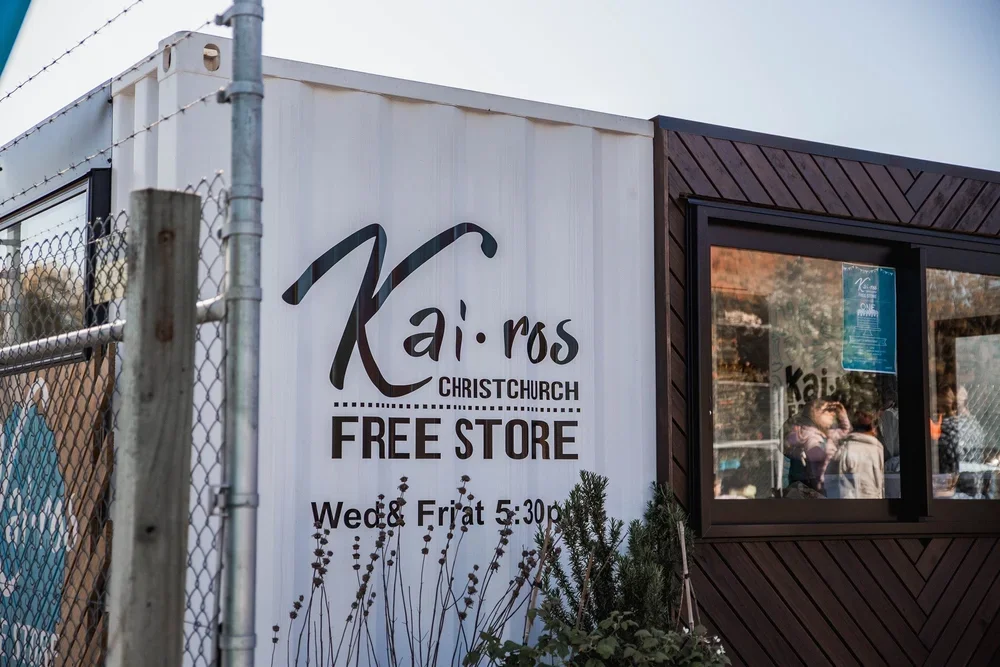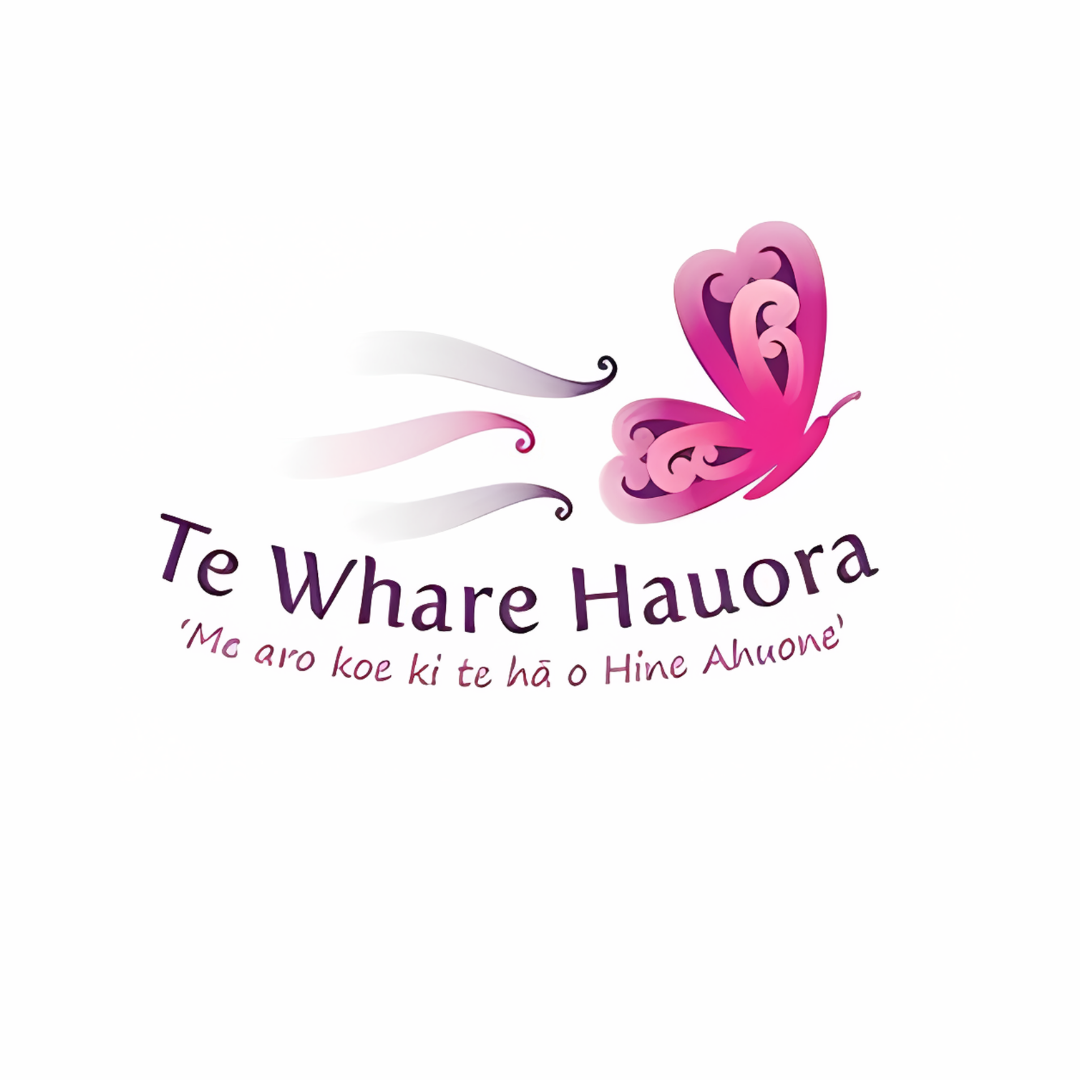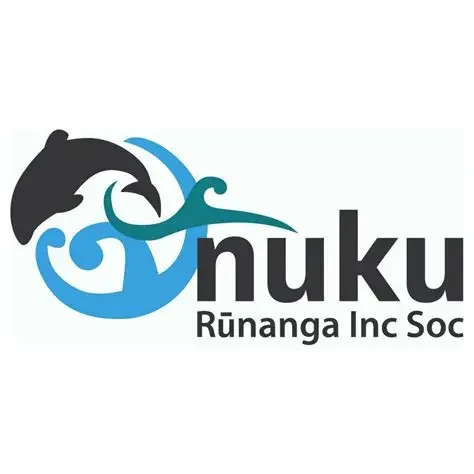Nōku Te Ao
A nationwide programme to end prejudice and discrimination against people with experience of mental distress.
-
Tīhei mauri ora.
Ko te kaupapa ko Nōku te Ao.
Ko te whainga kia mutu te whakatoihara me te whakahāwea ki ngā tangata whaiora.
Ko te moemoeā te whakamana i ngā tangata katoa. -
Whakapā mai | Contact us
Get in touch with Nōku te Ao or learn more about our newsletter.
Get in touch
If you have any questions or feedback about this website or our programme, the best way to reach out is to email Nōku te Ao.
Social media
We are also on social media. You can find us at:
Tū pakari, tū taha. Ko te kotahitanga o tō tātou kaupapa. Nōku te Ao.
Stand proud. Stand alongside. We are united by our purpose. This is our world.
One of the biggest challenges for people experiencing mental distress is prejudice and discrimination. It can feel like a constant, heavy weight that makes life more challenging. But it doesn't have to be that way. You can be part of changing this
Nōku te Ao means the world is mine, yours, and ours. Part of Te Whatu Ora, Nōku te Ao is a kaupapa Māori research and social movement partnership supporting Aotearoa to end prejudice, discrimination, and exclusion of those with lived experience of severe mental distress.
Led by those with lived experience for people with lived experience, Nōku te Ao is built on the shoulders of the world-leading Like Minds: Like Mine programme and its 25+ year legacy.
We all deserve to be treated with respect and dignity. Nōku te Ao reminds us that mental distress does not define us and that we all should feel supported to take our place in the world.
Tomo mai ki tō mātou whare, enter our whare and join us on our journey towards inclusion.
Media Resource - We’re committed to talking about mental health in ways that honour the dignity and human rights of our whānau who are struggling.
Our new Media Resource has been developed to support journalists, editors, producers and communicators to report on mental distress in a way that upholds the mana of all people, with care, cultural awareness, and accuracy.
Replacing our earlier Media Guidelines, this updated resource weaves together expert media insight, tāngata whaiora (lived experience), and te ao Māori perspectives. It reflects our belief that the media has a powerful role to play in helping shift Aotearoa towards greater understanding, inclusion and compassion for those with lived experience of mental distress .
This is not another set of guidelines. It’s a practical, optional tool that works alongside your/newsrooms’ existing editorial standards and newsroom policies.
We know many journalists are already doing this work well. This Resource is here to support, not instruct. Use what’s useful to add to your kete.
https://www.nokuteao.org.nz/assets/Downloads/1.4-MH203-Noku-te-ao-media-resource-web-3.pdf
Why this matters - Too often, people who experience mental distress are spoken about in ways that reinforce stigma, fear or shame. When stories are told with care and thoughtfulness, the media can help create space for understanding, spark hope, and affirm the dignity of tāngata whaiora.
This resource includes:
Practical tips on language, imagery, and interview framing
Cultural guidance grounded in Māori values like manaakitanga and whanaungatanga
Considerations for sensitive scenes and interviews
Helplines to include in your coverage
Whether you’re covering a breaking news story or preparing a long-form piece, we hope this resource supports you to tell stories that are accurate, respectful and grounded in aroha.
You may also find this checklist on incorporating te ao Māori helpful to ensure your approach is compassionate, accurate, inclusive and respectful. This approach is designed for both Māori and non- Māori media.
Like Minds, Like Mine
Established in 1997 by the Ministry of Health, it was one of the first comprehensive campaigns in the world to counter the prejudice and discrimination associated with mental distress.
Combining award-winning national television campaigns, with media, community action, and education, Like Minds, Like Mine thrived through ongoing partnerships, particularly with people with lived experience of mental distress, Māori and Pasifika communities.
Mental health is now firmly on the agenda and people speak more freely about their experiences of depression and anxiety. The 2018 Government Inquiry into Mental Health and Addiction indicated there is more to do, particularly for people who experience severe mental distress.
Grounded in Te Tiriti o Waitangi and a commitment to equity, Nōku te Ao Like Minds introduces a new phase.
We work with and for the people most affected by discrimination, including Māori and Pacific communities.
Evidence shows one in five New Zealanders and one in four Pacific people experience mental distress. However, one in three Māori are affected by mental distress. To that end, the chances of prejudice and discrimination impacting on Māori with lived experiences of distress is extremely high.
Nōku te Ao Like Minds is grounded in kaupapa Māori research and evaluation. It is a multi-level programme based on kaupapa Māori principles with national campaigns and communications, media monitoring and community-led social movement activities, education and social action grants.
Our brand
The Nōku te Ao tohu/brand was designed by Ngāti Maniapoto, Ngāti Tūwharetoa, Te Ātiawa, and Ngāti Apa, artist Len Hetet.
Each element is enriched with meaning and combines under our whakatauākī:
Tū pakari, tū taha. Ko te kotahitanga o tō tātou kaupapa. Nōku te Ao.
Stand proud. Stand alongside. We are united by our purpose. This is our world.
This whakatauākī is the overall essence of the tohu, which in essence means to stand proud, and be united by our purpose.
Partners
Our partners are vital to us on the journey towards inclusivity in Aotearoa.
There are a number of rōpū throughout Aotearoa who work with us on the journey toward inclusivity for people with experience of mental distress.
Nōku te Ao is grounded in Te Tiriti o Waitangi and led by people with lived experience. We work closely with lived experience communities, whānau and kaimahi across Aotearoa to end stigma and discrimination in our homes, schools, workplaces, hospitals and in our media.
Mental Health Foundation - As a Nōku te Ao partner, The Mental Health Foundation share our mission to end discrimination against people with experience of mental distress.
The Mental Health Foundation supports two streams of work within Nōku te Ao:
Social Action Grants - we offer pūtea for iwi, hapū, workplaces, and community groups with projects tackling mental distress discrimination.
Social Movement mahi, alongside Hāpai Te Hauora, aims to mobilise lived experience whānau at the grassroots to participate in a variety of ways to end discrimination. This includes training, co-design and advocacy.
Hāpai Te Hauora - Hāpai Te Hauora is a Māori public health organisation that tackles a range of health inequities, including mental distress. They support whānau Māori and communities to improve health and well-being outcomes. Alongside the Mental Health Foundation, Hāpai Te Hauora delivers our Social Movement kaupapa.
Awanuiārangi - As a Māori tertiary education provider, Te Whare Wānanga o Awanuiārangi empowers Māori to explore and define the depths of knowledge in Aotearoa. Awanuiārangi is our Nōku te Ao Research partner. Through their research Nōku te Ao will stay updated on methods and models for combatting mental distress discrimination.
Te Rau Ora - Our partner Te Rau Ora exists to strengthen Māori health and well-being. Their mahi covers a range of nationally navigated and locally led pou, including addiction, mental health, rangatahi ora, funding, workforce, and training. Te Rau Ora, together with Te Kete Pounamu, lead our Education for Social Change kaupapa. Within this mahi, they deliver training programmes across the country to talk about the topic of mental health stigma, discrimination and exclusion. This kaupapa Māori framework helps participants understand, relate to and work with those who are experiencing mental distress in new ways.
Te Kete Pounamu - As a Te Rau Ora specialist unit, Te Kete Pounamu supports Māori living with experiences of mental health or addiction. They create opportunities for lived experience leadership and promote high-quality support for Māori. Te Kete Pounamu is a partner on our Education kaupapa.
Māia
Māia is Aotearoa New Zealand’s home of kaupapa-driven communications. As a media engagement partner since late 2023, Māia works alongside hauora advocate, Jase Te Patu, to listen, monitor and equip the news sector with resources to report accurately on those experiencing mental distress. Māia also supports the Nōku Te Ao media grants programme, social media management and updating online resources for newsrooms. If you’re a reporter wanting to find out more about support and resources, you can email the Māia team.
Rautaki | Strategy
Nōku te Ao is our commitment to improving the lives of all New Zealanders by ending prejudice and discrimination against people with lived experience of mental distress.
Mate atu he tete kura, ka haramai he tete kura.
We look to the past leadership to advance today’s leaders into the future.
Whāia te pae tawhiti kia tata, whakamaua te pae tata kia tīna. Nōku te Ao are on a national journey to pursue the end of discrimination of those with lived experience of mental distress.
Our vision is a nation where all people uphold the mana and human rights of those with experience of mental distress.
With small steps, together, an Aotearoa becomes where there is no prejudice, discrimination, or exclusion of those with lived experience of mental distress.
The Nōku te Ao strategy considers our principles of Tino Rangatiratanga, Taonga Tuku Iho, Mātauranga Māori, Whānau, and Mana Tangata. This ensures that each and every one of us plays our part in the journey ahead.
Read our strategy documents for kōrero on how to put our best foot forward for whānau.
Strategy documents
5.3 MH165 E Noku te Ao Like Minds Strategy Diagrams [PDF 599 KB]
1.1 MH165 TRM Noku te Ao Like Minds Strategy Diagrams [PDF 32 KB]
Why ending prejudice and discrimination matters
Mental distress is common and it affects some population groups more than others; mental distress is more prevalent amongst Māori and is almost double that of non-Māori.
Nōku te Ao marks a new beginning that is grounded in Te Tiriti o Waitangi and equity to ensure we work with and for the people most affected by discrimination.
Ending prejudice and discrimination against people with experience of mental distress matters to everyone:
For Māori
It is an expression of the special relationship between Māori and the Crown under Te Tiriti o Waitangi which guarantees the right of present and future generations of Māori to flourish in an inclusive world.
For people with experience of mental distress
It means a greater sense of self-worth, better whānau and community connections, improved employment prospects, a liveable income and a longer, healthier life.
For families and whānau
It eases their shame, grief, fear and pessimism, enabling them to include and value people with mental distress as members of their social group.
For communities, educational settings and workplaces
It removes ignorance, discomfort and fear that has led to the exclusion of people with mental distress from valued and contributing roles.
For health and social services
It increases optimism and respect for people with mental distress and lessens the pressure for services to manage perceived risks on behalf of the community.
For the whole of Aotearoa New Zealand
it contributes to a more just society and greater community wellbeing, and it will reduce the cost of serious mental distress to the community – five percent of GDP ($12 billion) in 2014.
Kōtuitui | Creating connections
Māori, as Te Tiriti partner, will lead Nōku te Ao at all levels. The programme will be steeped in te ao Māori – kawa, tikanga, te reo, mātauranga and kaupapa Māori principles.
We are committed to a strong focus on equity, coordinated leadership, active communications, sound structure, and building networks and capacity to achieve its goals.
Commitment to equity
Nōku te Ao commits to a strong focus on equity, coordinated leadership, active communications, sound structure, and building networks and capacity to achieve its goals.
Strengthen leadership and coordination
The Health Promotion Directorate within Te Whatu Ora will provide coordinated leadership, active communications, and a sound structure that links the different activities and levels.
Build networks and capacity
Building networks and capacity will enable the people involved in Nōku te Ao to be well aligned to each other, take up opportunities to do the work and to deliver best practice.
Strengthen research and evaluation
Nōku te Ao needs to be supported by robust planning, research to understand the problem and how it changes over time, and evaluation to help us understand if we are achieving the vision.

